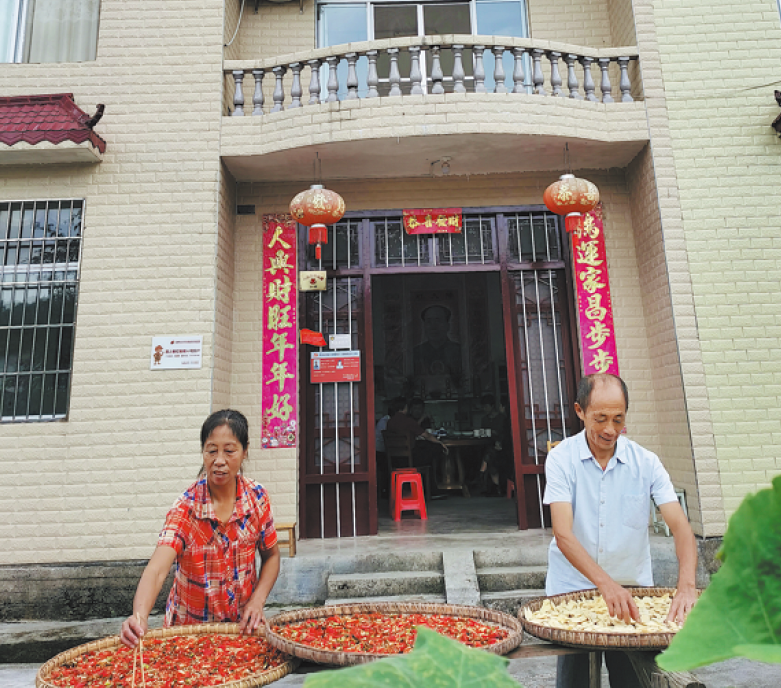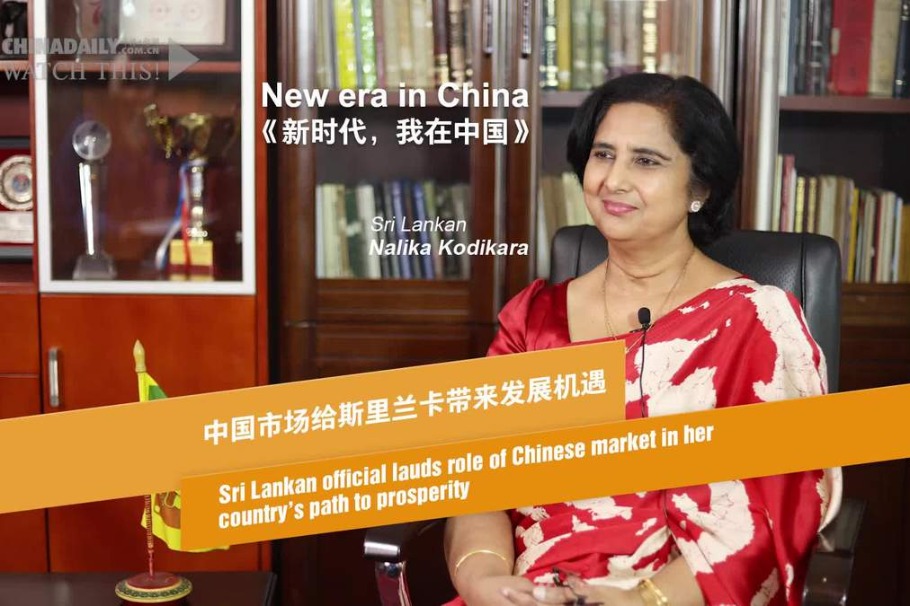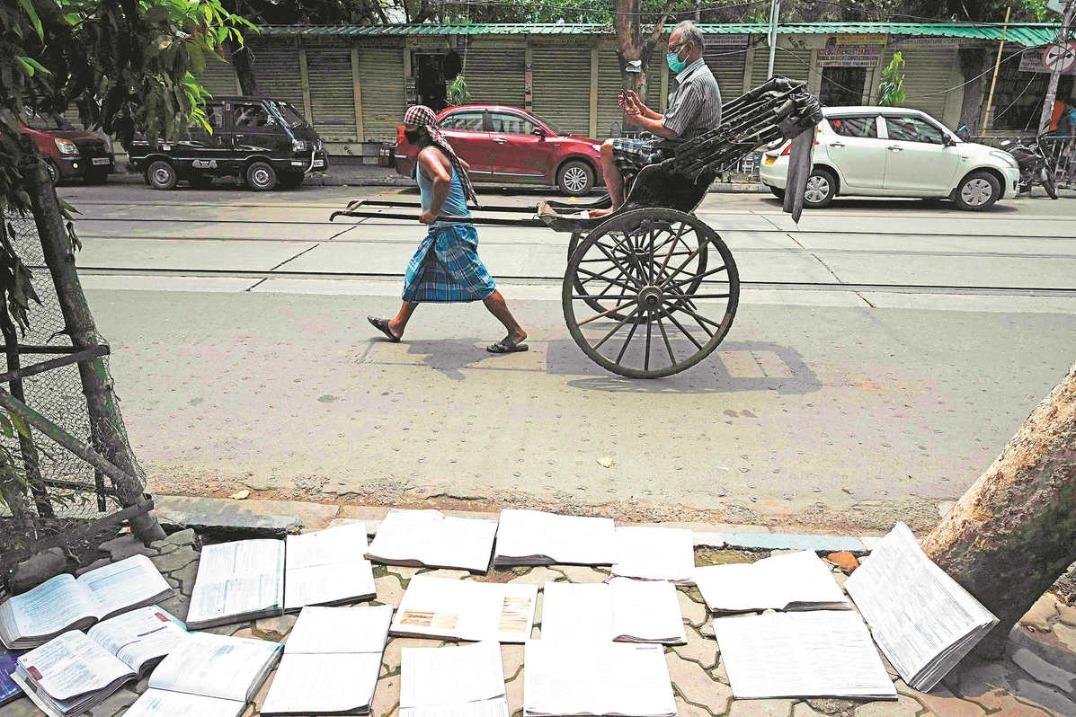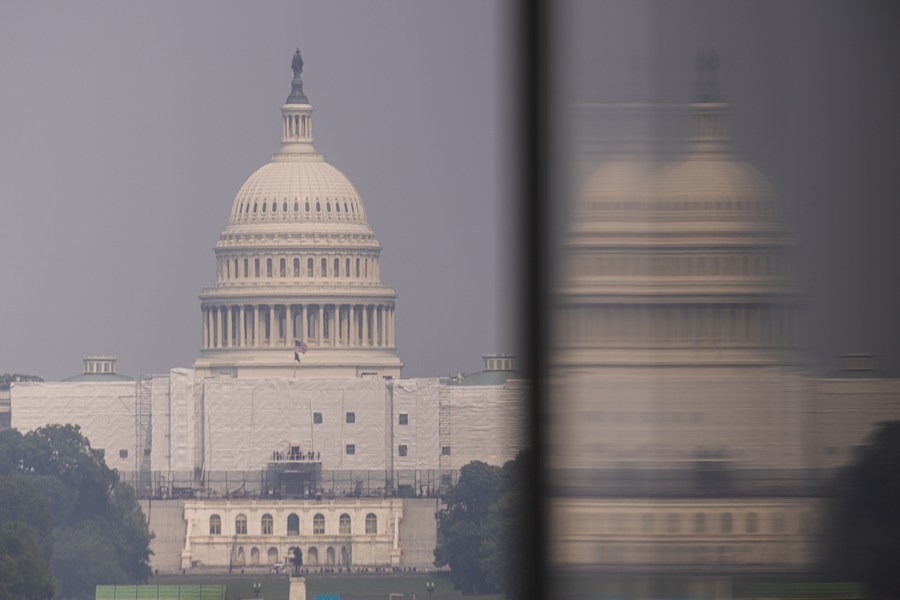Busting poverty - mission accomplished
By CHEN JIA | China Daily | Updated: 2020-10-19 10:21

"One way is to integrate funding resources from some non-urgent projects and instead inject that money into areas that need it the most, in order to lift people out of poverty and improve their livelihoods," said Zhao Yang, an official from the agriculture and rural development department of the Ministry of Finance.
The allocation of special government funds to support the poverty-alleviation campaign continued to rise from 2016 through this year, with an average annual increase of 20 billion yuan over five consecutive years, with focus on education, medical and healthcare, housing and transportation sectors, Zhao said.
Other measures introduced by the central government were tax and fee cuts to support the antipoverty push, especially since 2018, the guidance for financial institutions to issue poverty-alleviation loans through lower interest rates, and pilot projects of insurance for agricultural products.
Jinggangshan is one of the cities, and Jiangxi one of the provinces, that first implemented the innovative fund-integration measure. The province has been at the forefront of poverty alleviation and became a "lab" of sorts for the country's poverty-eradication campaign.
Since 2016, the provincial government allocated 39.28 billion yuan toward the campaign, said Wang Bin, head of the provincial finance department.
By May 17, 780 counties in China made progress so that they no longer needed to be labeled "poverty-stricken". Only 52 counties in seven provinces remain in the "red "zone, according to data from the State Council Leading Group Office of Poverty Alleviation and Development.
From 2016 till now, the central and provincial governments have injected 29.04 billion yuan of special funds into poverty-alleviation programs in Jiangxi province, according to the local government's finance department.
Across the country, the Ministry of Finance had delivered a full-year quota of 146.1 billion yuan by the end of June, to ensure the poverty-alleviation target is met much earlier than expected, the ministry announced on its website.
"Ensuring sufficient funds for the anti-poverty campaign is always one of the priorities while making the annual fiscal budget. It is especially important for this year," Wang said.
The central government warned in September that some hitherto poverty-ridden areas that were hard hit by this year's floods and COVID-19 should not be allowed to slip back into indigence.
The warning followed data that the regional natural disaster and the global public health crisis had led to a year-on-year contraction of 1.6 percent in China's first-half GDP growth rate.
A World Bank report forecast that East Asia and the Pacific region would see national economies contract due to COVID-19, which is expected to increase the number of people living in poverty by 38 million this year, including 33 million who would have otherwise escaped poverty, and another 5 million who would be pushed back into poverty (using a poverty line of $5.50 in income per day).
Poverty "in China is projected to decline" given the government's strong supportive policies, the World Bank report said.
To prevent an increase in the number of newly impoverished households due to floods or disease, poor people in the affected areas were entitled to receive some payments from the local governments.
These included the minimum livelihood guarantee, said Zou Zheng, head of the finance bureau of Jinggangshan city.
The home of Xiao in Bashang village near Jinggangshan still sports the red card although he no longer belongs to the "poverty group". The red card helps maintain the records and is useful in tracking households for a national database on the poverty alleviation process. Such data help evaluate the risk of people such as Xiao becoming impoverished again.
The elimination of "extreme poverty" and becoming a "moderately prosperous society"-xiaokang shehui in Chinese-have been set as the twin goals to be achieved in time for the 100th anniversary of the founding of the Party next July. "Mission accomplished "could well be the theme of 2021, never mind the annus horribilis of 2020.
























